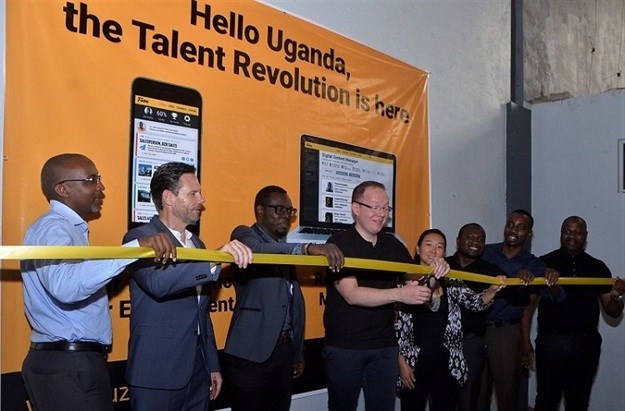Unemployment rates across Africa are too high, but tech startups are coming up with more and more innovative ways of connecting jobseekers with opportunities.
While the numbers of jobless people are most concerning in countries like the Democratic Republic of Congo (DRC) and Namibia, which have unemployment rates of 46.1% and 34% respectively, the scourge is present in even the most developed economies.
South Africa’s unemployment rate is above 27%, while 18.8% of Nigerians and 11.5% of Kenyans are out of work. But, as in other sectors, tech startups are taking up the challenge.
Filling vital gaps
According to the recently-released Future of Work: Exploring the African Digital Work Landscape 2018 report by Disrupt Africa, 180 tech startups across the continent have developed solutions helping users find work, be it full time or project-based. They are filling vital gaps.
“Unemployment is one of the biggest challenges facing African countries and the traditional solutions that exist cannot satisfy the fast-growing job market,” said Edward Vaisberg, chief operating officer (COO) of Kenyan recruitment startup Fuzu.
The benefits are clear for both jobseekers and employers, offering both a large selection of opportunities and access to broad talent pools.
“Unlike traditional approaches of finding jobs through social connections or other informal networks, which tend to disproportionately favour wealthy or well-connected individuals, job boards allow widespread access to job opportunities and therefore encourage equality within the employment process,” said Chris Kwekowe, co-founder of Nigeria’s Slatecube.
“As a result, they can help to increase employment rates among marginalised groups who normally wouldn’t even know where and how to find such opportunities.”
Great value in job boards
Anish Shivdasani, founder and chief executive officer (CEO) of South African jobs platform Giraffe, agrees there is great value in job boards in terms of tackling frictional unemployment.
“They help reduce the information disconnect that exists between employers and job seekers. It is an obvious truth that companies cannot employ candidates they are unaware of and job seekers cannot apply for jobs that they do not know exist,” he said.
As a result, there has been significant interest from investors in the job matching and recruitment space in Africa. Fuzu and Giraffe are two of the most successful fundraisers in the space, though there are a significant number of others.
Kwekowe said African countries are now being recognised as both growth engines and leading sources of dynamic talent.
“This leaves immense opportunity for investors to play integral roles in driving recruitment solutions around the world. The online recruitment space has already become saturated with investors both looking to achieve outstanding returns, as well as contribute to the social and economic development of Africa,” he said.
Investors looking for niche solutions
Vaisberg agreed investors are very keen on the human capital space.
“Given the massive scope of the growing unemployment challenge, many companies are trying to tackle the space through different angles,” he said.
However, he said traditional job boards and recruitment solutions are not getting much attention, but rather concepts that are tackling the challenge in a more comprehensive and scalable way. This is echoed by Basil Fateen, founder and CEO of Egyptian startup HireHunt, who says investors are looking at niche solutions that solve specific recruitment problems.
“Job boards may have been a step forward years ago when no digital recruitment solutions existed, however they are quickly becoming much less effective for both jobseekers and employers,” he said. “Traditional job boards need to be replaced with smarter solutions in order to handle the massive amounts of unemployed and unfilled positions.”
Job boards in Africa evolving
HireHunt, for example, has introduced artificial intelligence and online gamified assessments to remove hiring bias and speed up the whole process, while Fuzu is helping jobseekers marry career planning with learning. Vaisberg said job boards in Africa have over the years continued to evolve and are no longer purely meant for job postings.
“Most of them provide additional products that jobseekers need, such as employability courses for personal and professional growth, employment-related blog posts, personality tests and, in more advanced platforms like Fuzu, offer jobseekers feedback for the applications they make to various organisations,” he said.
“Providing such needed services that enable jobseekers to understand the full scope of the job market and what they need to do to stand out, while giving them an opportunity to be found by hiring managers, has had a positive impact on African jobseekers.”
This article was originally published on Disrupt Africa.




























